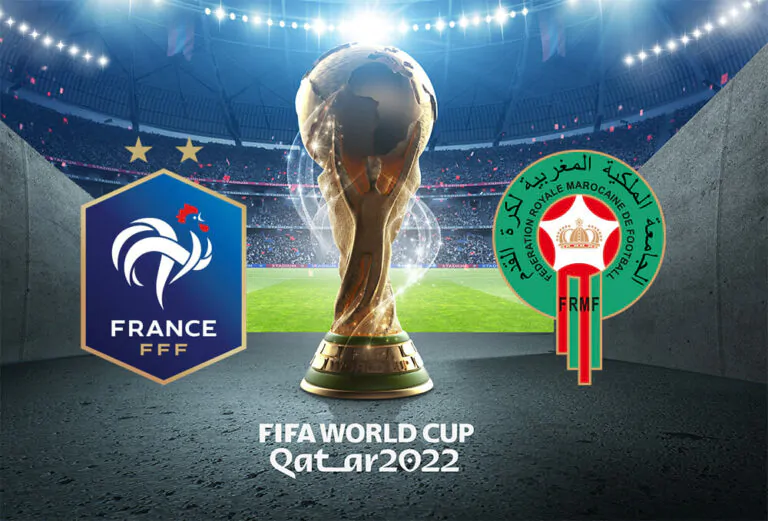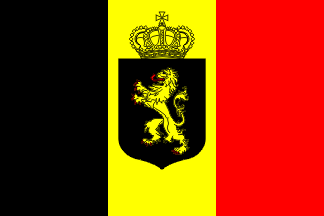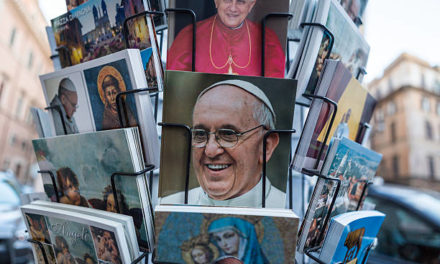The semi-final of the World Cup was mourned by the tragic and stupid death of a 13 year old boy in Montpellier.
It is a death that could have been avoided. But what would be even more tragic would be if nothing changed and even more tragic and numerous deaths occurred.
FOURTEEN YEARS OLD ON THE STREET
This young man was 14 years old. The next day, he was a colleague. He should have been at home. Watching the game, why not, but then “in bed”.
IMAGINE THAT EVERYONE IS FOLLOWING THE WORLD CUP
Not everyone follows the World Cup and to imagine that everyone plans to celebrate the end of the game is silly. It would be good to remember this before scaring passers-by or cars with the excuse of celebrating. It loses some of its meaning if it is no longer respectful and it loses it completely if it scares people or leads to serious accidents.
In 1998, I saw a young woman in her car, with a child screaming with fear in her car seat, being shaken by her euphoric supporters. In her fright, she accelerated sharply to get out of the way, knocking down the pedestrians around her. No one was hurt – or killed – thank God, but it was a close call.
TEARING OFF ANOTHER’S FLAG
What was the problem with the person or persons who tore the flag from the car? That they supported such or such team does not give them any right to act so. We are in France, everyone is free to support the team he wants and to decorate his house, his garden or his car with the flag of his country.
TEARING DOWN A FRENCH FLAG IN FRANCE
We could write the same thing about the Belgian flag in Belgium or the Patagonian flag in Patagonia (a nod to our late friend Jean Raspail).
The saying goes “In Rome, do as the Romans do”. Unfortunately, the National Education no longer teaches these proverbs, maxims and adages full of good sense and rich in history. It is particularly unseemly in a country “A” not to allow the inhabitants of this country “A” to celebrate the victory of their team “A”. Even if they beat the “B” team, whose nationality you hold.
Not to feel French in France after 2 or 3 generations
There are cyclical elements, and there are structural elements. Among the latter, how is it that children of immigrants, who have been here for several generations, still prefer their country of origin to their real country. And to make matters worse, because we are obviously not talking about Poles, Peruvians or Portuguese, how is it that a significant fraction of Maghrebi nationals still feel that they are Maghrebi first and foremost, even though they were born in France, live in France, work in France, get married and have children in France, and finally die in France?
As some people said that same evening of the semi-final, we are French for the Vitale card. The formula, as lapidary as it is, has the merit of clarity. Some people do not feel French at all in France and if the soup was better elsewhere, they would gladly go elsewhere.
Of course, not all Tunisian, Algerian and Moroccan descendants think this way and the list is long of those French people with spicy roots, to use a nice expression read on Linkedin, who love France as much as the country of their great ancestors across the Mediterranean.
Nevertheless I ask the question: what future is there for children of immigrants who do not love their real country? Who only swear by a “root” country that is often significantly mythologized?
It is likely that in order to prevent these tragedies (anti-French aggressiveness to which anti-Maghreb aggressiveness responds) from increasing, it will be necessary at the same time :
- that these allogeneous populations decide to integrate or to leave,
- that the authorities of these countries of origin accept that the migrants become totally French, therefore much less Moroccan, Algerian or Tunisian than today.
- and also that the French authorities work to really integrate these populations from the Maghreb (fewer migrants, but more integration expenses for those who “play the game” and “return to the bled” for those who do not wish to).
This is not necessarily politically correct, but it will prevent the duel between pro-France and anti-France from multiplying, because we will quickly go from verbal jousting to clashes, then from clashes to shootings, and finally from shootings to armed massacres.
In fact, we’ve already been there. It is not a civil war, because the clashes are still marginal, but we are getting close.






